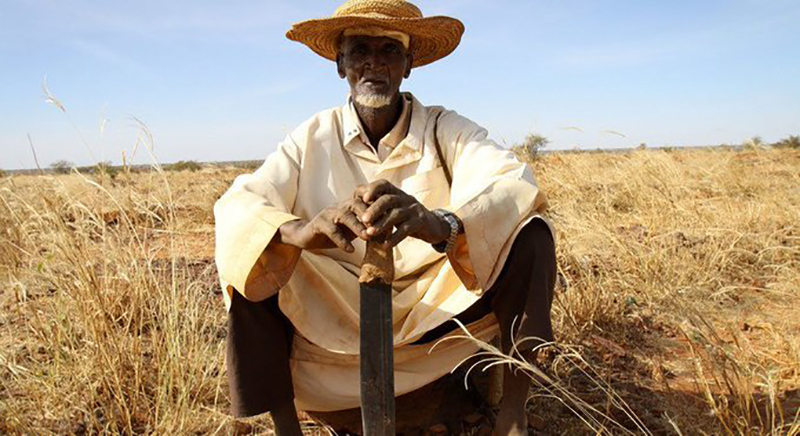 Africa
Africa
Africa: Response to climate crisis doesn’t match ‘magnitude of the challenge’
New York: African States are on the front line of the climate crisis, a senior UN official told the Security Council on Wednesday, but far more action is needed to turn the tide on rising emissions, and reduce global warming.
During a debate on strengthening the response to the impacts of climate change on peace and security in Africa, Assistant Secretary-General for Africa, Martha Ama Akyaa Pobee, said that “our response today does not match the magnitude of the challenge we are facing”.
Threat to peace
The climate emergency is “a danger to peace”, she added, noting that although there is no direct link between climate change and conflict, “climate change exacerbates existing risks and creates new ones”.
As desertification and land degradation drive competition for resources, they also erode livelihoods and food security for millions.
Ms. Pobee described a devastating drought in the greater Horn of Africa forcing families to move far from their home, conflicts intensifying over resources in the Sahel, and violent extremists exploiting situations throughout.
Action on ‘multiple fronts’
“To support the African continent…we must act on multiple fronts”, she said, calling for “ambitious climate action”, and accelerated implementation of the Paris Agreement.
During next month’s “African-owned, African-focused” UN climate conference, COP27, in Sharm el-Sheikh, Egypt, she said she was looking forward to “meaningful commitments”.
“We cannot hope to achieve lasting peace if we do not meet our climate goals”, said Ms. Pobee.
Three priorities
She said there were three priorities moving forward, beginning with increasing the capacity for risk analysis and integrating a climate lens into conflict prevention, peacemaking and peacebuilding efforts.
Noting that existing peacebuilding efforts are often entirely based in single countries, she reminded that as “climate change knows no borders”, analysis and engagement must become more regionally focused with cross-border resource-sharing.
Second, people must be placed at the centre of efforts to deliver peace and security with the expertise of those who are living with the consequences of climate change, leveraged to develop mitigation and adaptation strategies.
She reminded that women are “crucial agents of change” and youth, key stakeholders, “driving innovative climate and peacebuilding action”.
Third, climate action and peacebuilding must reinforce each other, according to Ms. Pobee, arguing that “coherent policies are good for climate and for peace”.
“Delivering on a commitment of international collaboration is a significant undertaking,” the UN official said. “Africa’s leadership is essential”.
On the margins
Speaking about climate change risks for African States, Tanguy Gahouma, Former Chair of the African Group of Negotiators on Climate Change, also noted the prevalence of UN peacekeepers who are now operating in high climate risk areas.
Moreover, he maintained that while the African economy can benefit from both the continent’s “abundant” natural resources and its youthful demographic, States continue to remain marginal in global trade and finance.
‘Silent casualty’
Patrick Youssef, International Committee of the Red Cross Regional Director for Africa, reminded that, as important as front-line responders are to addressing climate threats, humanitarians cannot be expected to be peacemakers too.
While Mr. Youssef noting that environmental damage remains a “silent casualty” of war, he suggested bringing a conflict lens to interactions in climate-affected settings.
Outlining obstacles
Presiding over the meeting, Gabon’s Foreign Minister, Michaël Moussa Adamo, highlighted stumbling blocks in securing finance “for the people”.
He upheld that climate impacts and the conflicts that often stem from them place major burdens on already stressed national budgets.
The Foreign Minister warned that future wars would not be fought over oil and gold, but for access to water and food, reminding that climate threats in one area threaten others – even countries that have abundant rainforest cover.
Support Our Journalism
We cannot do without you.. your contribution supports unbiased journalism
IBNS is not driven by any ism- not wokeism, not racism, not skewed secularism, not hyper right-wing or left liberal ideals, nor by any hardline religious beliefs or hyper nationalism. We want to serve you good old objective news, as they are. We do not judge or preach. We let people decide for themselves. We only try to present factual and well-sourced news.







